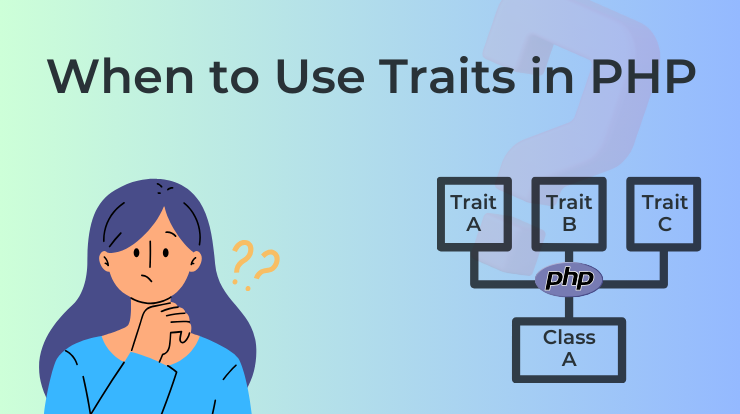Are you ready to take your Python programming skills to the next level with the most advanced tricks? Delve into the realm of advanced techniques with these five powerful tricks that can streamline your code, enhance readability, and boost efficiency.
From concise lists and dictionary comprehensions to clever iterators like enumerate() and zip(), mastering these techniques will empower you to tackle complex problems with elegance and finesse. Whether you’re an experienced developer or just starting your Python journey, these technical tricks are essential tools to have in your programming arsenal.
List Comprehensions
List comprehensions provide a concise way to create lists in Python. They are more readable than traditional for loops and often faster in terms of execution.
For example:
squares = [x**2 for x in range(10)]
Also Read: How to Sort a List in Python?
Dictionary Comprehensions
Similar to list comprehensions, dictionary comprehensions allow you to create dictionaries in a concise manner.
For example:
squares_dict = {x: x**2 for x in range(10)}Also Read: Python range() Function – reverse, increment, decrement
Using enumerate()
The enumerate() function is used to loop over an iterable and keep track of the index. This is particularly useful when you need both the index and the value of items in an iterable.
For example:
for index, value in enumerate(['a', 'b', 'c']):
print(index, value)Unpacking Operator (*)
The unpacking operator (*) can be used to unpack iterables like lists or tuples into individual elements. It’s particularly useful when you want to pass multiple arguments to a function.
For example:
numbers = [1, 2, 3, 4, 5] print(*numbers) # Unpacks the list into individual elements
Using zip()
The zip() function takes iterables (can be zero or more), aggregates them in a tuple, and returns an iterator of tuples. It’s often used to iterate over multiple iterables simultaneously.
For example:
names = ['Alice', 'Bob', 'Charlie']
ages = [30, 25, 35]
for name, age in zip(names, ages):
print(name, age)These tricks can help you write more concise, readable, and efficient Python code.
More Tricks
FAQs
List comprehensions are a concise way to create lists by applying an expression to each item in an existing iterable and filtering elements as needed.
The unpacking operator (*) in Python allows you to unpack iterables like lists or tuples into individual elements, useful for passing multiple arguments to a function or unpacking values from a collection.
The enumerate() function in Python is used to loop over an iterable while keeping track of the index of each item. It returns tuples containing the index and corresponding item, helpful when needing both index and value in a loop.






